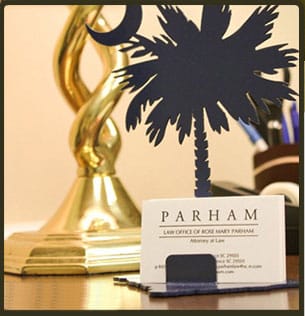As more communities in South Carolina and across the country have ride-sharing services like Uber and Lyft available, many hope that they will help to lower the rates of drunk driving on the streets in their communities. Yet studies have not proven decisive on whether or not this is the case.
As the New York Times explains, several studies have found a connection between Uber and lowered rates of drunk driving. These include studies from Tempel University, which saw an associated decrease in motor vehicle homicide after the introduction of Uber in California, and West Carolina University, which found that a reduction in fatal accidents across the country was associated with the introduction of Uber’s services being introduced in new communities. No study is more emphatic than the one commissioned in 2015 by Uber in partnership with Mother’s Against Drunk Driving. This found that the service’s ridership was highest during peak hours for drunk driving accidents to occur and that Seattle saw 10 percent fewer drunk driving arrests after the introduction of their services.
However, researchers from the University of Southern California and Oxford University had starkly contrasting results, and caution against laying too much credit at these services’ feet. In fact, some counties where the services are available have a low number of users compared to the number of drivers on the roads. According to Fortune the study looked at more than 100 major metropolitan areas found no connection between ride-sharing and lower drunk driving fatalities. Researchers looked at weekend and holiday traffic deaths both before and after the service was available and found no association between the availability of ride-sharing services and lowered alcohol-related deaths.


